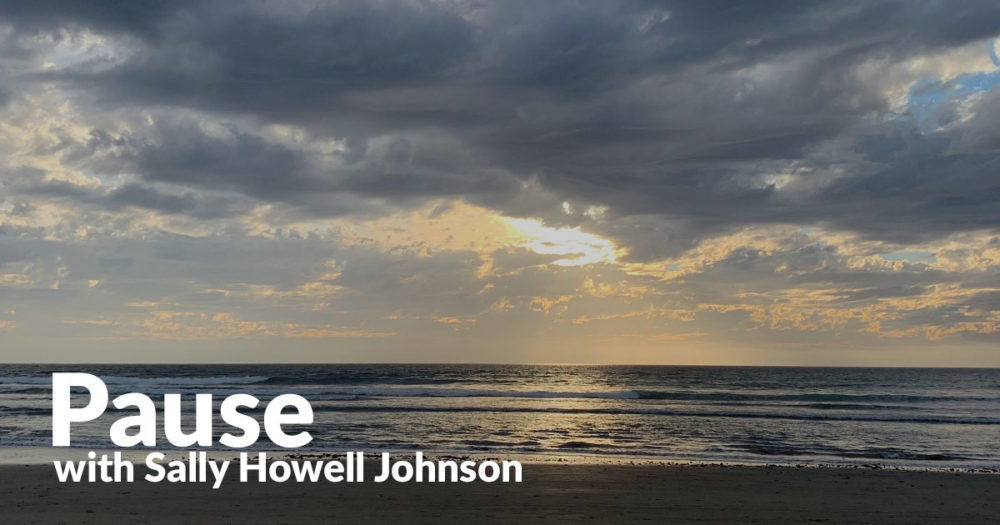The bud
stands for all things,
even those things that don’t flower.
For everything flowers from within, of self-blessing;
though sometimes it is necessary
to reteach a thing its loveliness,
to put a hand on its brow
of the flower
and retell it in words and in touch
it is lovely
until it flowers again within, of self-blessing;
as Saint Francis
put his hand on the creased forehead
of the sow, and told her in words, and in touch
blessings of earth on the sow, and the sow
began remembering all down her thick length,
from the earthen snout all the way
through the fodder and slops to the spiritual curl of the tail,
down to the great broken heart
to the sheer blue milken dreaminess spurting and shuddering
from the fourteen teats into the fourteen mouths sucking and
blowing beneath them:
the long, perfect loveliness of sow.
~ Galway Kinnell
This week I stood in the presence of ‘the long, perfect loveliness of sow.’ Visiting the Minnesota State Fair, a part of the pilgrimage always takes us to the Swine Barn. In this mixture of sawdust and straw are nestled the thick lengths of these often misunderstood animals. Most of the time we city dwellers think of them as dense, slow moving houses for our bacon loving. But seeing them in their uniqueness, their various shades of pink, gray, speckled, brown, I am always humbled by their beauty. Watching the sows lazily care for the needs of their young always makes me wish I could have been as laid back caring for my own off-spring. It seems they have much to teach us.
A trip to the Miracle of Birth building only reinforces this. This week’s heat has these enormous animals laying and heaving to bring yet more of their species into the world. All while gawkers surround. No human would put up with this. But, for the sake of curiosity and education, there they are. Children and adults crowd around to glimpse these mothers and their young, babies born at around three pounds who will in six short months weigh over two hundred. Miracle, indeed.
I love the idea that Saint Francis, in his simple wisdom, blessed the sow and helped her remember her loveliness. I would equally love the idea that somehow in our visiting these thick, oblong animals, that we, too, are offering them blessing. Talking to the veterinarians who moved easily through the State Fair crowds, I heard their own respect for this most humble of God’s creatures. It warmed my heart as had the wiggling, piglets nuzzling their food source so they could begin their quick growing process.
Coming into contact with these animals and others at the Fair is a gift for this human one who lives most days bathed in concrete. Seeing the honor and respect their human handlers give them is a lesson in the making. It is yet one more reminder of the intricate ways we are woven together in Creation and the way we are all lovely in the eyes of our Creator. The two-leggeds and four-leggeds all need reteaching in this ancient, love song of relationship. We each are both bud and blossom at varying times.
And sometimes it takes a saint to put a hand on our forehead to remind us of our loveliness and heal our great broken heart.










